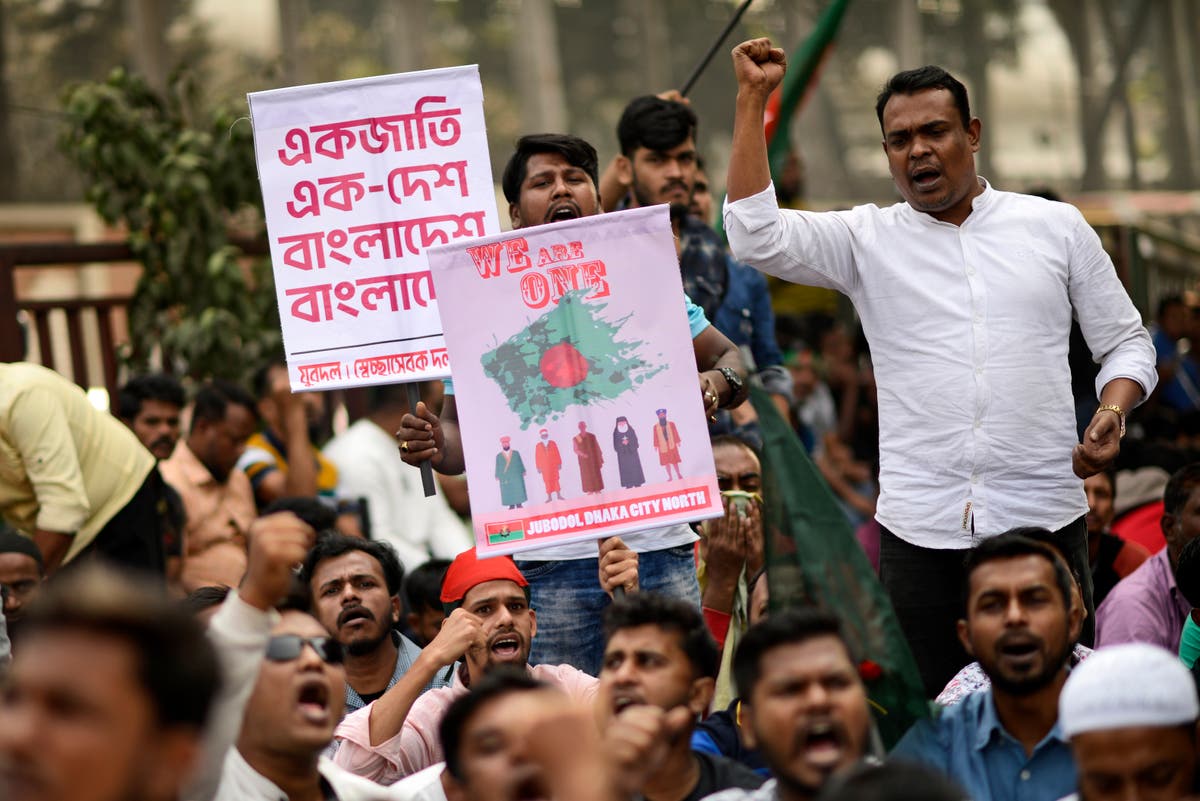
Bangladesh at 50: The Transformation of a Nation
The DiplomatWhen Bangladesh emerged as an independent state after experiencing a genocide in 1971, it drew little international attention; for decades it made it into the news cycle for natural disasters, poverty, military coups, political violence, and corruption. Instead of democratic institutional building, prolonged military rule and acrimony between two major parties – the Bangladesh Awami League and the Bangladesh Nationalist Party – have hindered sustainable growth and prevented the country from achieving its full potential. In general, India’s perceived interference in domestic politics and close relationship with the Awami League over the Bangladesh Nationalist Party has aroused strong anti-India sentiment among a large segment of Bangladeshis. A joint forum – the Bangladesh-China Silk Road Forum – was created in 2019, where the major political parties, the Awami League, BNP, and the leftists, came together to support China’s Belt and Road Initiative. However, in recent decades, incessant and bitter animosity between the two major political parties, the Awami League and the BNP, prepared fertile ground for the rise of Islamists as political actors.
History of this topic

The worrying direction Bangladesh is taking and that talk of US deep state and Pakistan
New Indian Express
Secularism under siege in the Bangladesh churn
Hindustan Times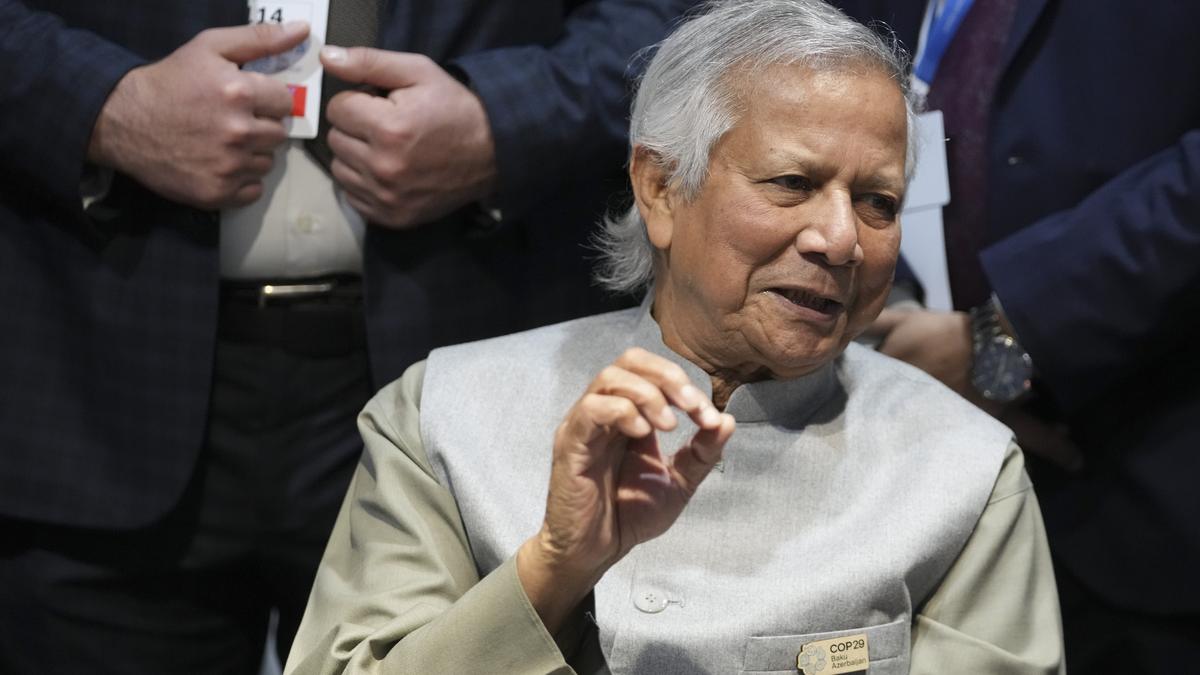
Yunus consults political parties on India-Bangladesh relation, excludes Awami League and allies
The Hindu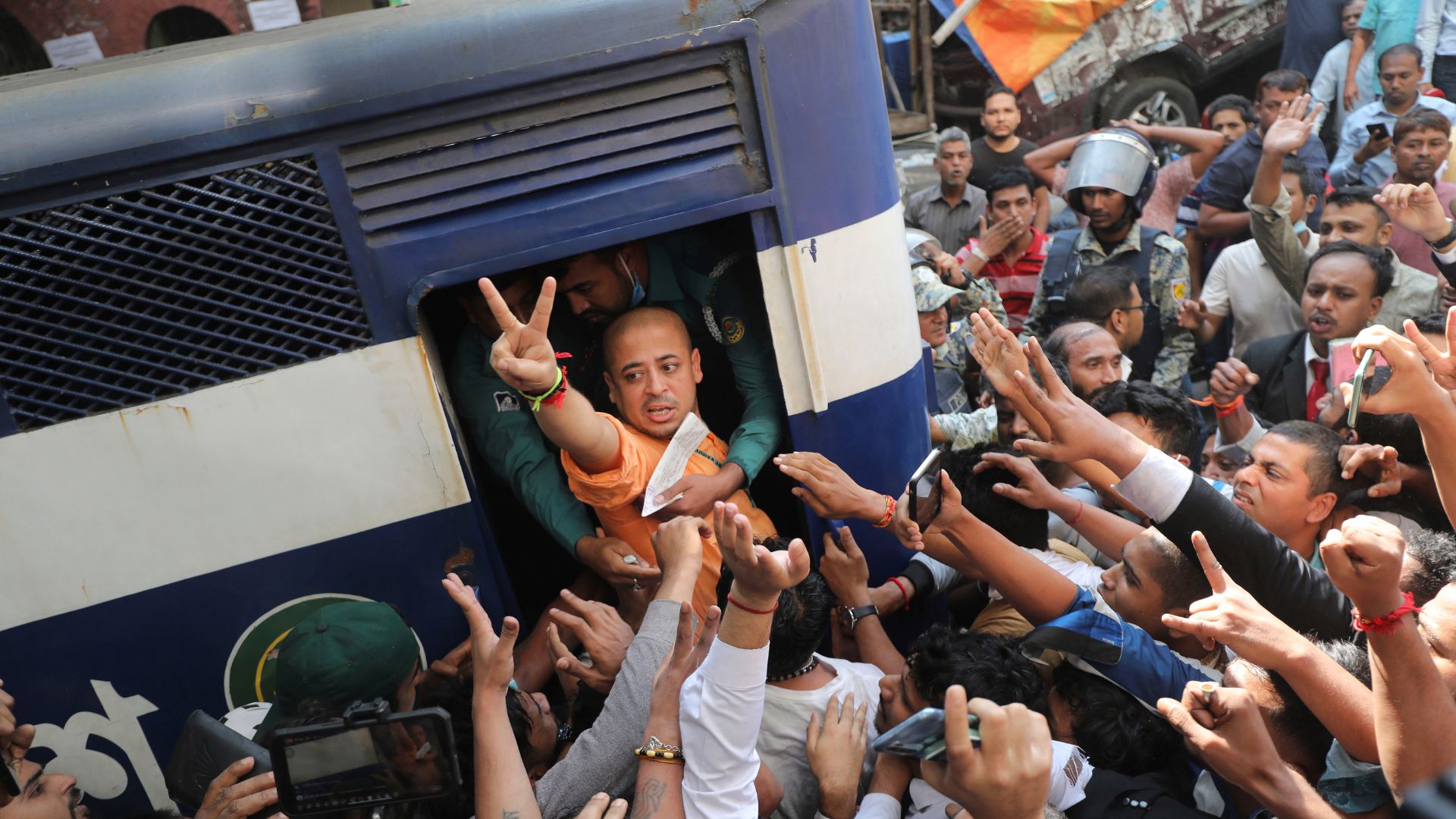
Sunanda K. Datta-Ray | Delhi, Dhaka need to act as B’desh Hindus face threats
Deccan Chronicle
Bangladesh leaders speak of two Indias, plan cell to counter global media
India Today
Opinion: China's outreach to Bangladesh Islamists alarms India amid anti-Hindu wave
India Today
Bangladesh students attack women, Awami League workers as they foil Dhaka protest
India TodayRivals of ousted Bangladesh leader Sheikh Hasina foil her party’s attempt to hold a rally
Associated Press
Bangladesh Army arrests workers of Sheikh Hasina's party ahead of Dhaka protest
India Today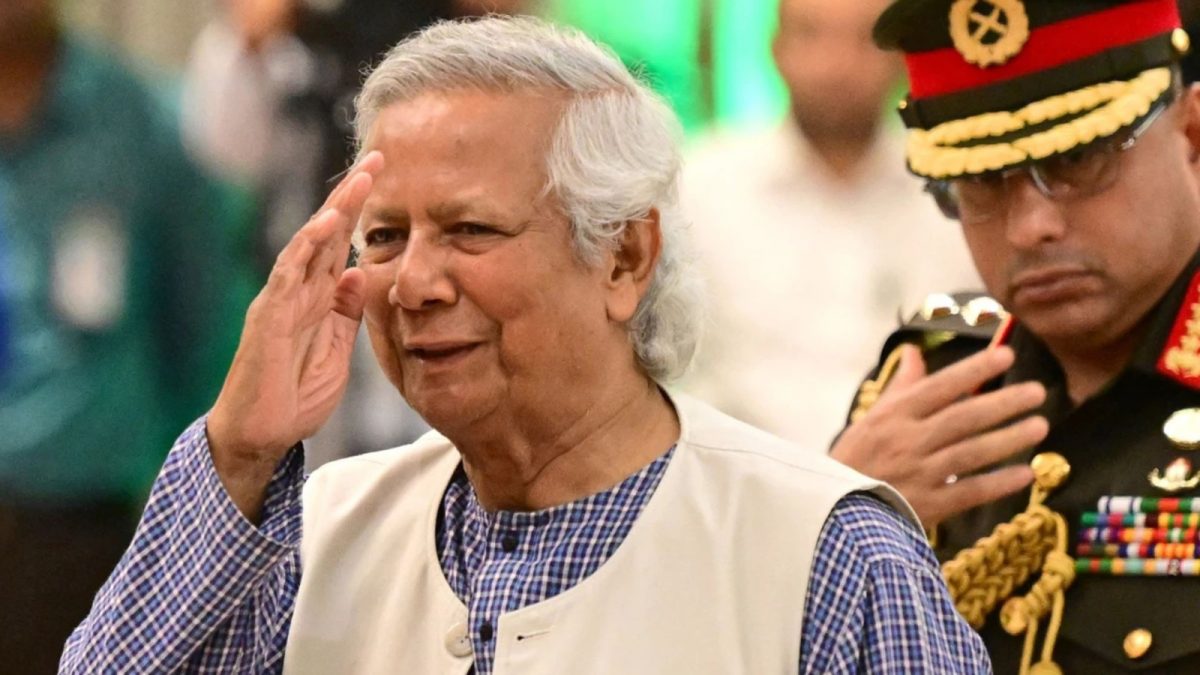)
Bangladesh Bans Bangladesh Chhatra League, Sparks Protests Against Hasina's Legacy
Firstpost
Awami League-Backed Chhatra League Banned in Bangladesh
ABP News
Eyeing democracy through mob rule
New Indian Express
Reports of attacks on Hindus in Bangladesh 'factually incorrect,' says top BNP leader
New Indian Express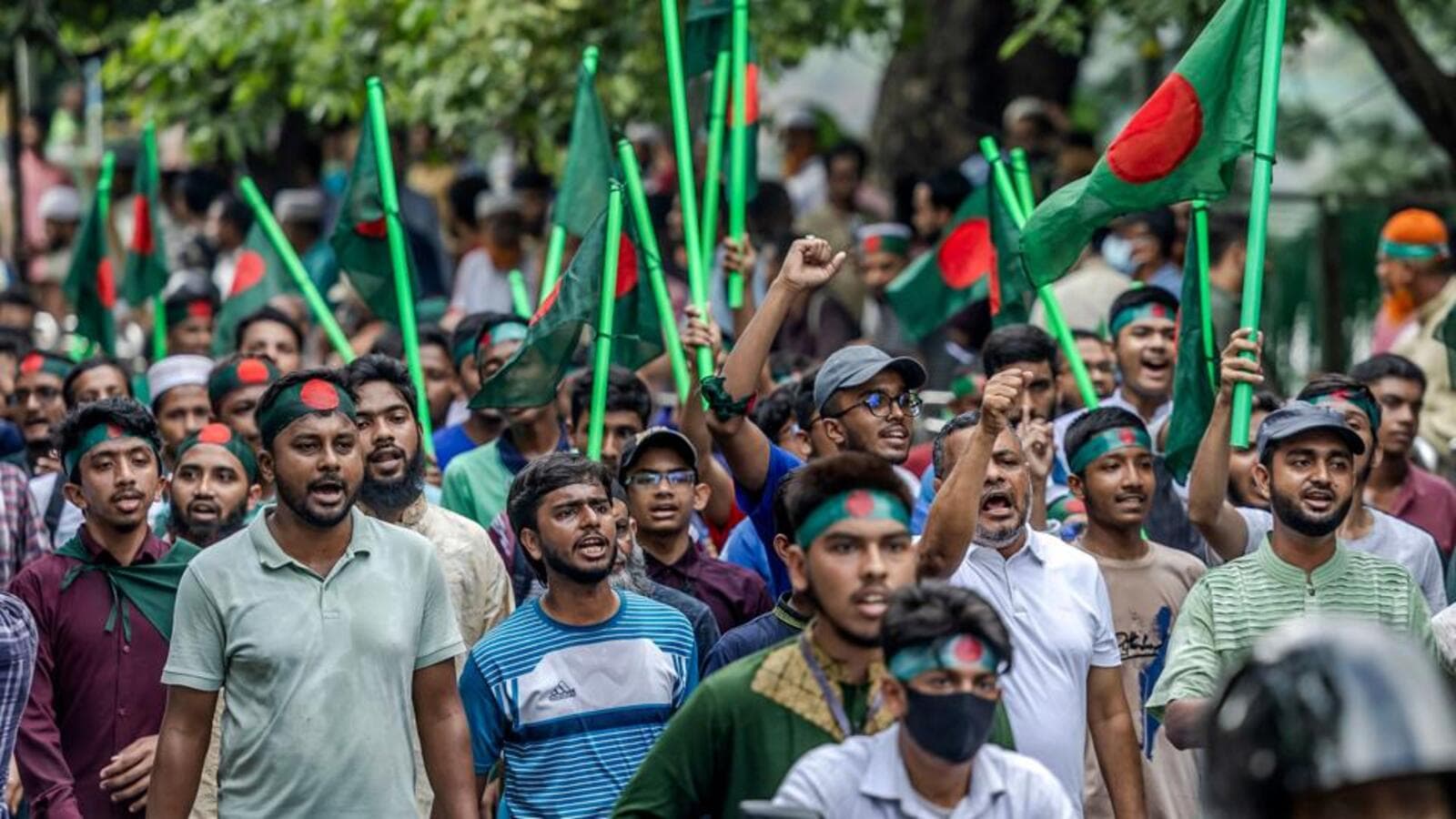
B’desh: Awami League event thwarted; interim govt to decide on Hasina’s extradition
Hindustan Times
Bangladesh Interim government rules out banning Awami League, wants good relations with India, apologies to Hindu community
Op India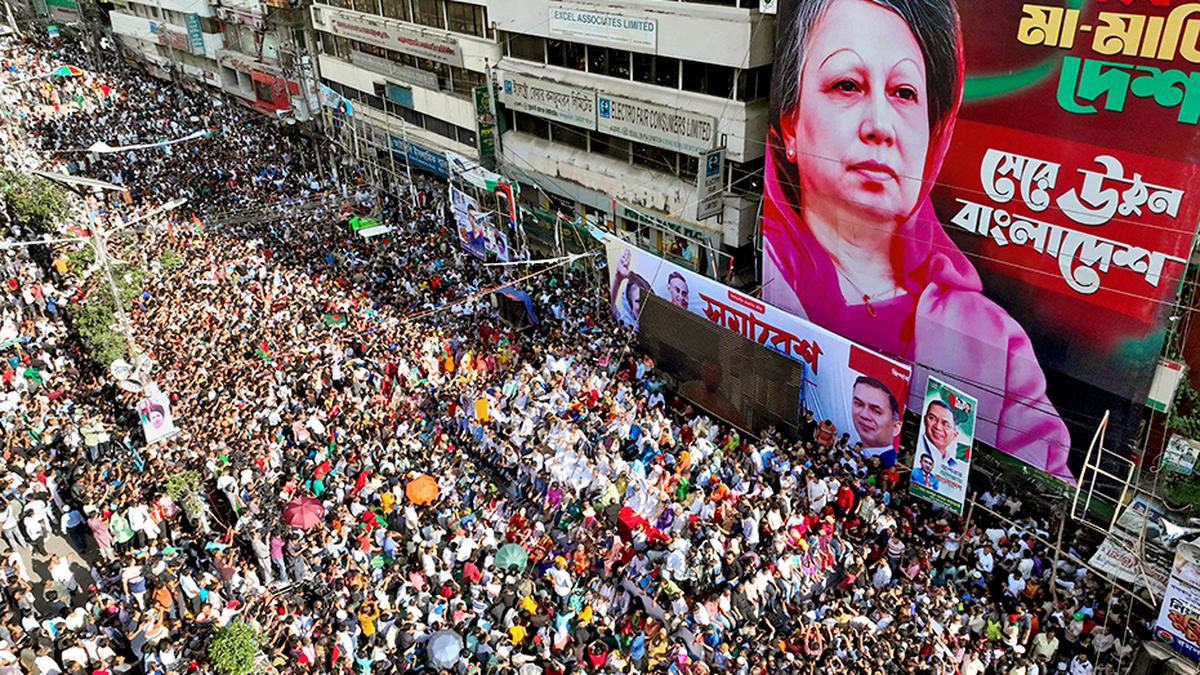
India-Bangladesh ties not dependent on Awami League, says BNP
The Hindu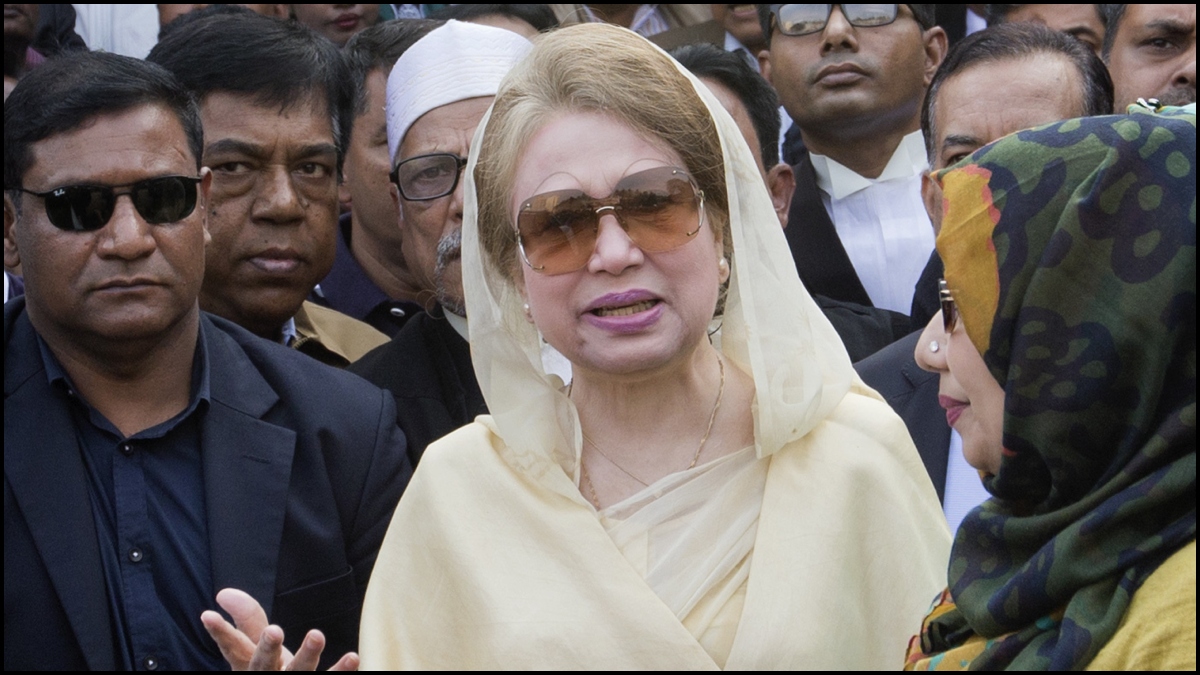
Bangladesh: Khaleda Zia's BNP says 'difficult to cooperate' with India if it helps 'enemy' Sheikh Hasina
India TV News
Nobel laureate Yunus arrives in Bangladesh to take over as interim leader
New Indian Express
With the 7th January elections approaching, should Hindus in Bangladesh prepare for far worse persecution? BNP, Jamaat-e-Islami and challenge for Hasina
Op India
Amid violence and boycott, Bangladesh goes to polls knowing there can be only one outcome
The Independent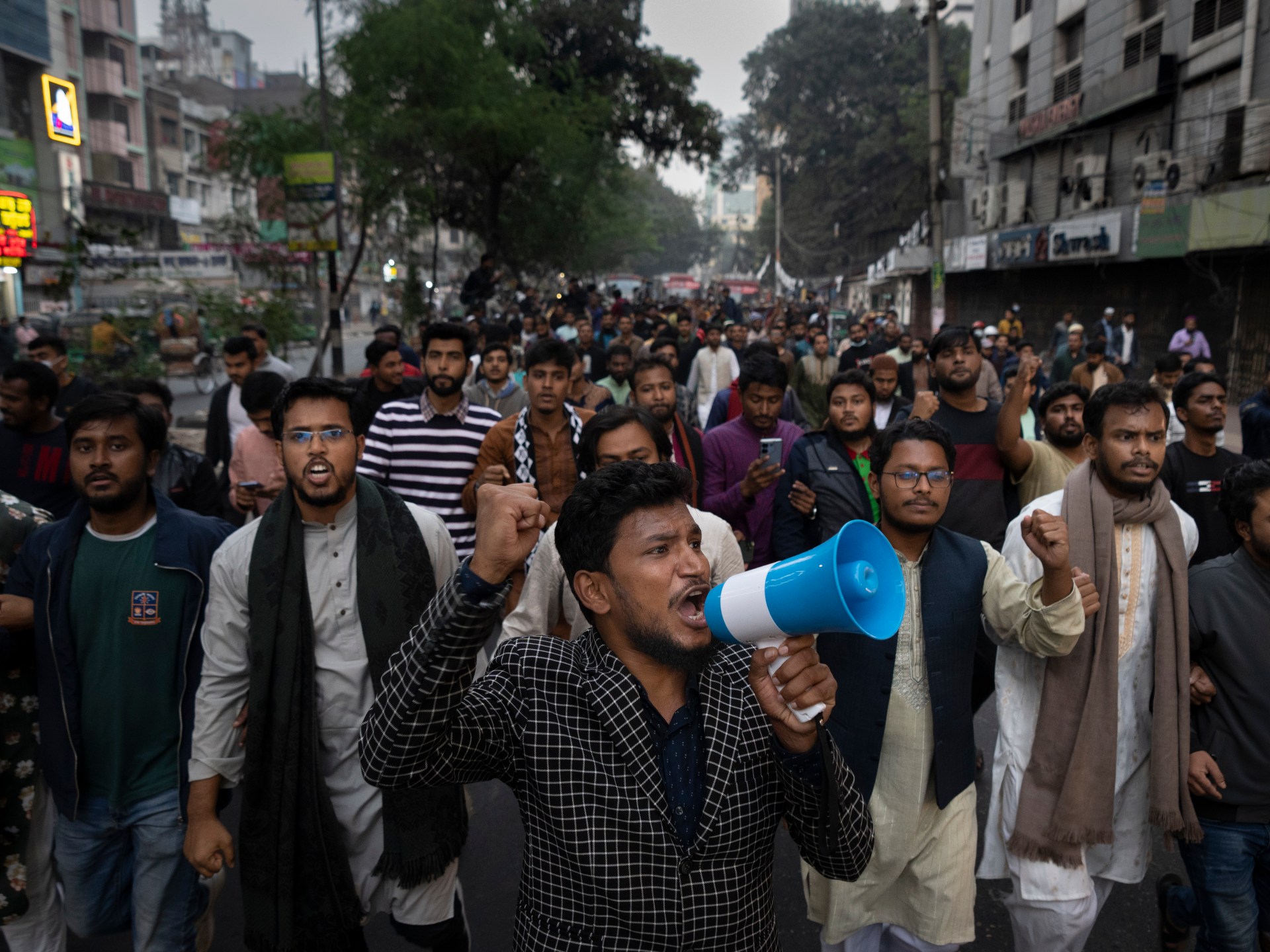
‘Vote doesn’t count’: Bangladesh’s ‘bizarre’ election tests ties with West
Al Jazeera
Bans and boycotts: The troubled history of Bangladesh’s elections
Al Jazeera
Eye on Bangladesh: What polls mean for India, region
Hindustan Times
HT explains| Bangladesh elections 2024: Process, parties and problems
Hindustan Times)
Vantage | Why Bangladesh is stuck in a cycle of poll-related violence
Firstpost
No threat to India-Bangladesh ties from China, Jamaat-e-Islami: Awami League
Hindustan TimesRelations with India will be hit if Awami League is not in power: Bangladesh Information Minister
The Hindu
Bangladesh arrests head of largest Muslim party amid crackdown
Al Jazeera
Bangladesh at 50: Hard Democratic Realities, Unfulfilled Secular Promises
News 18)
Bangladesh at 50: Hard democratic realities, unfulfilled secular promises
Firstpost
Bangladesh’s Dangerous Islamist Appeasement – And What It Portends
The DiplomatDiscover Related
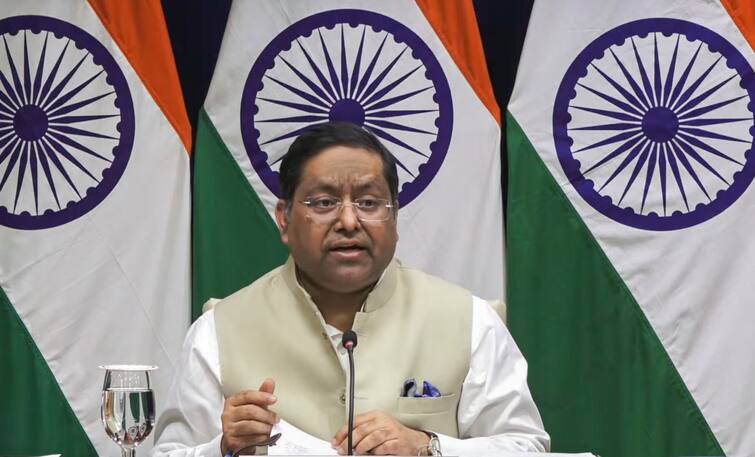

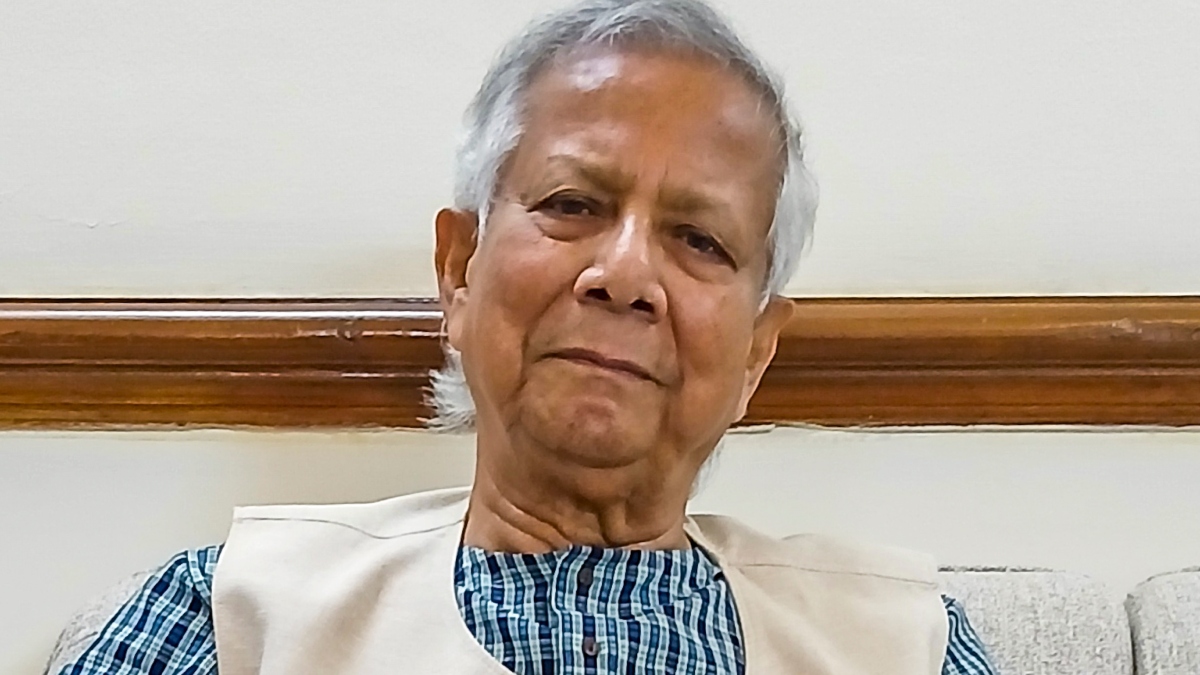
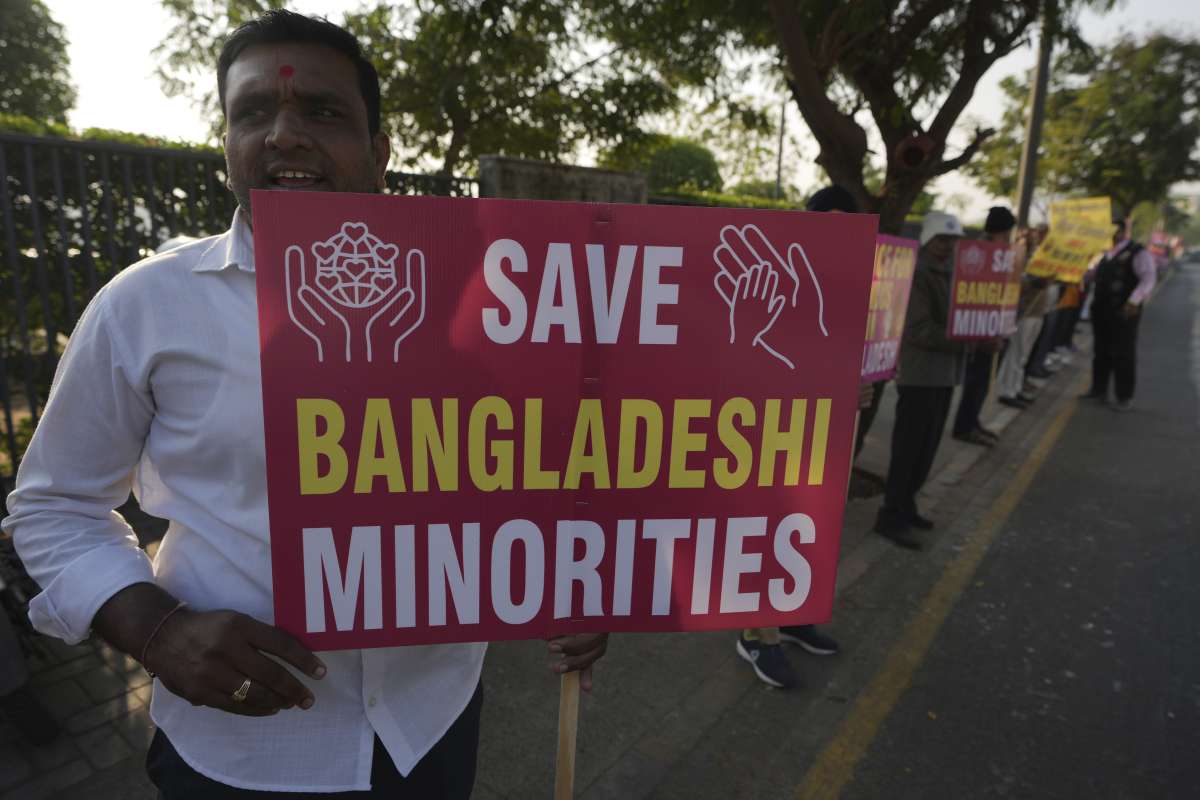
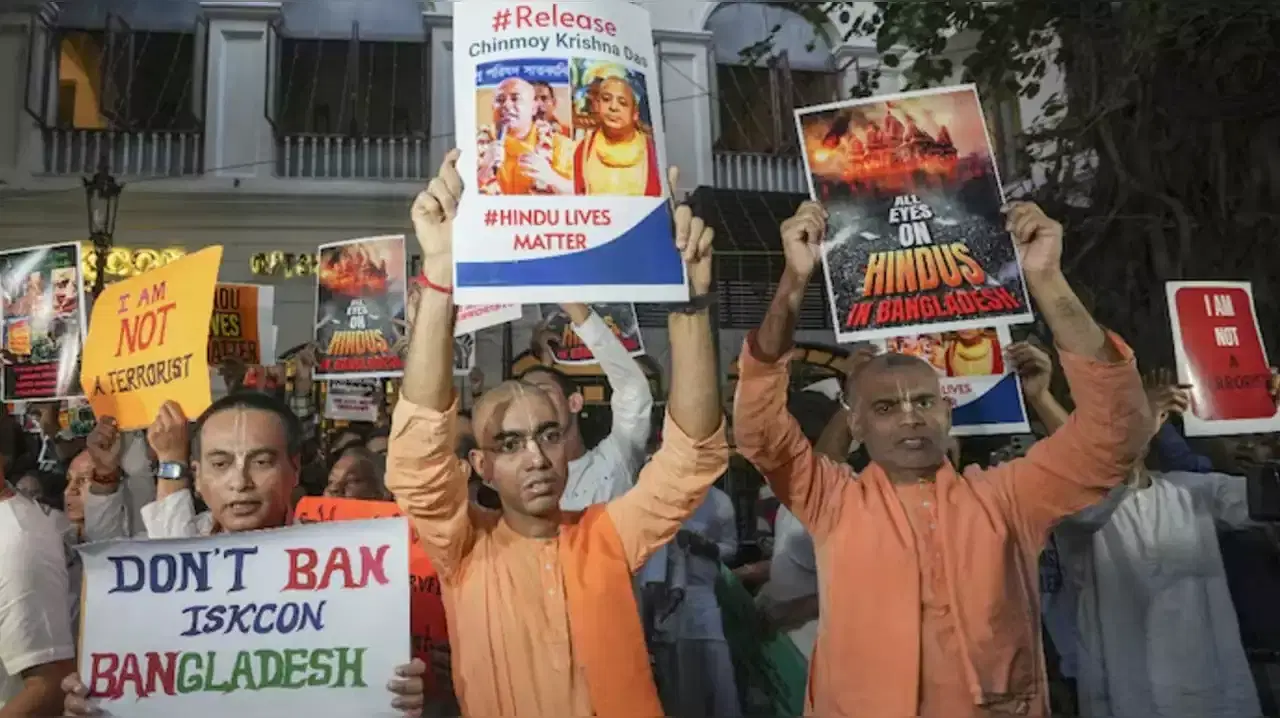

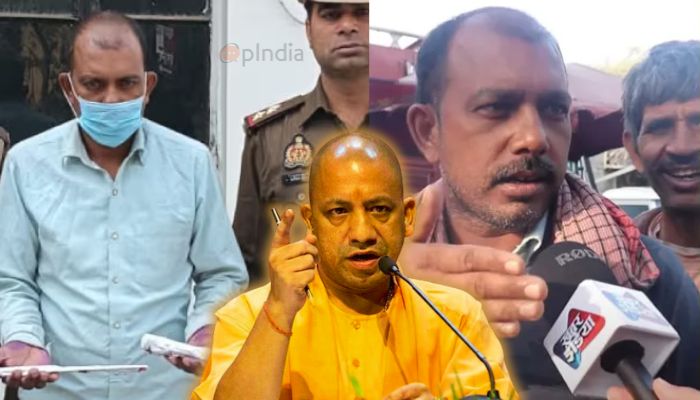
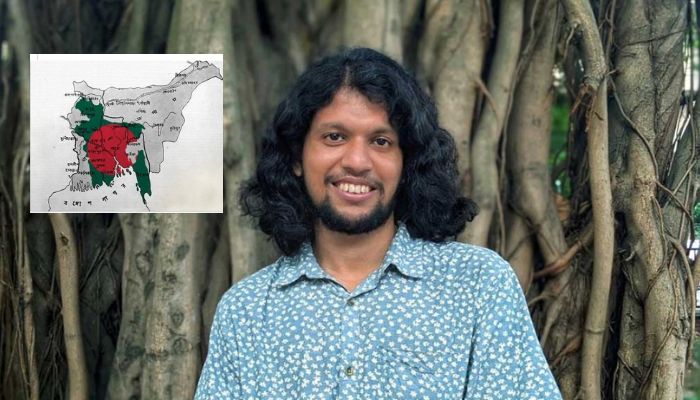
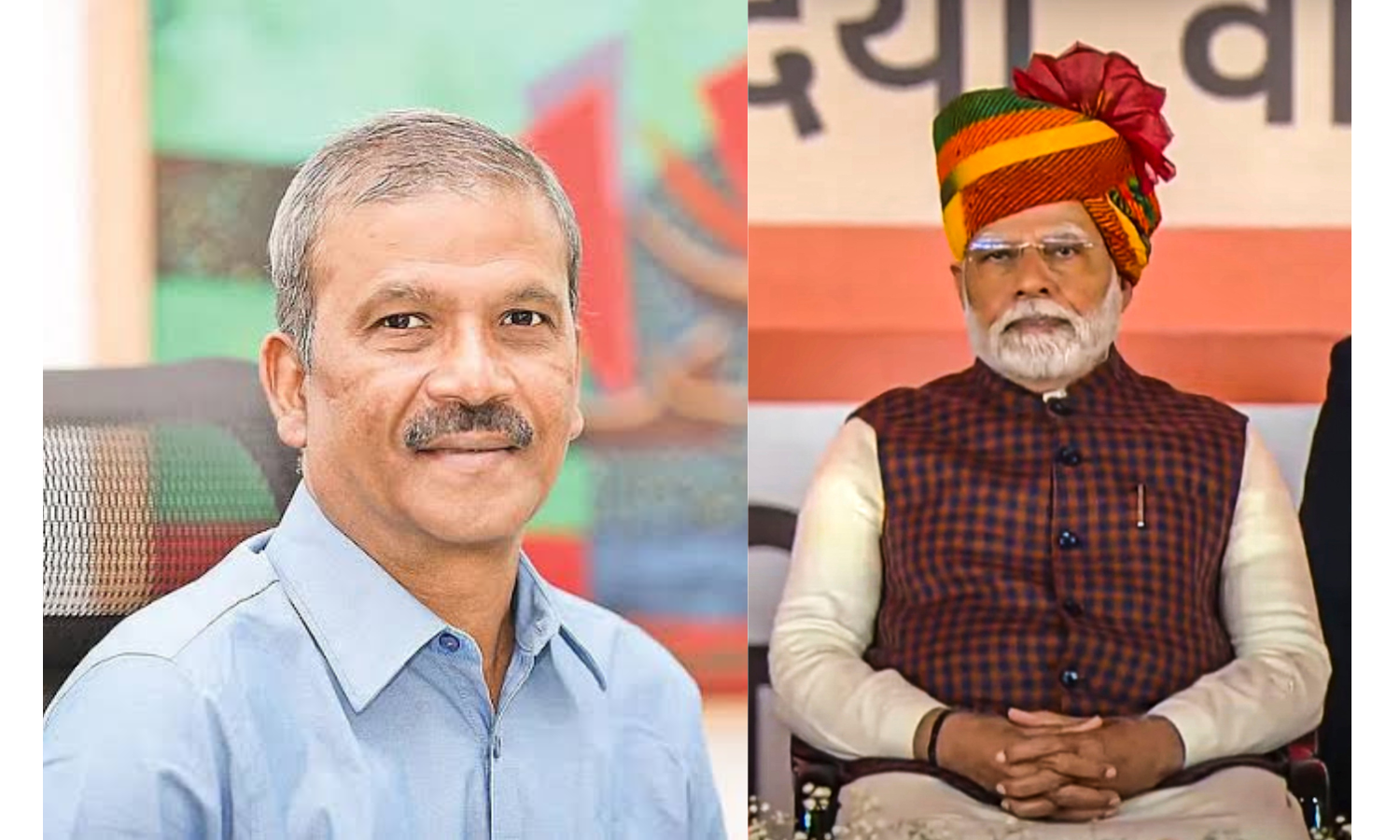
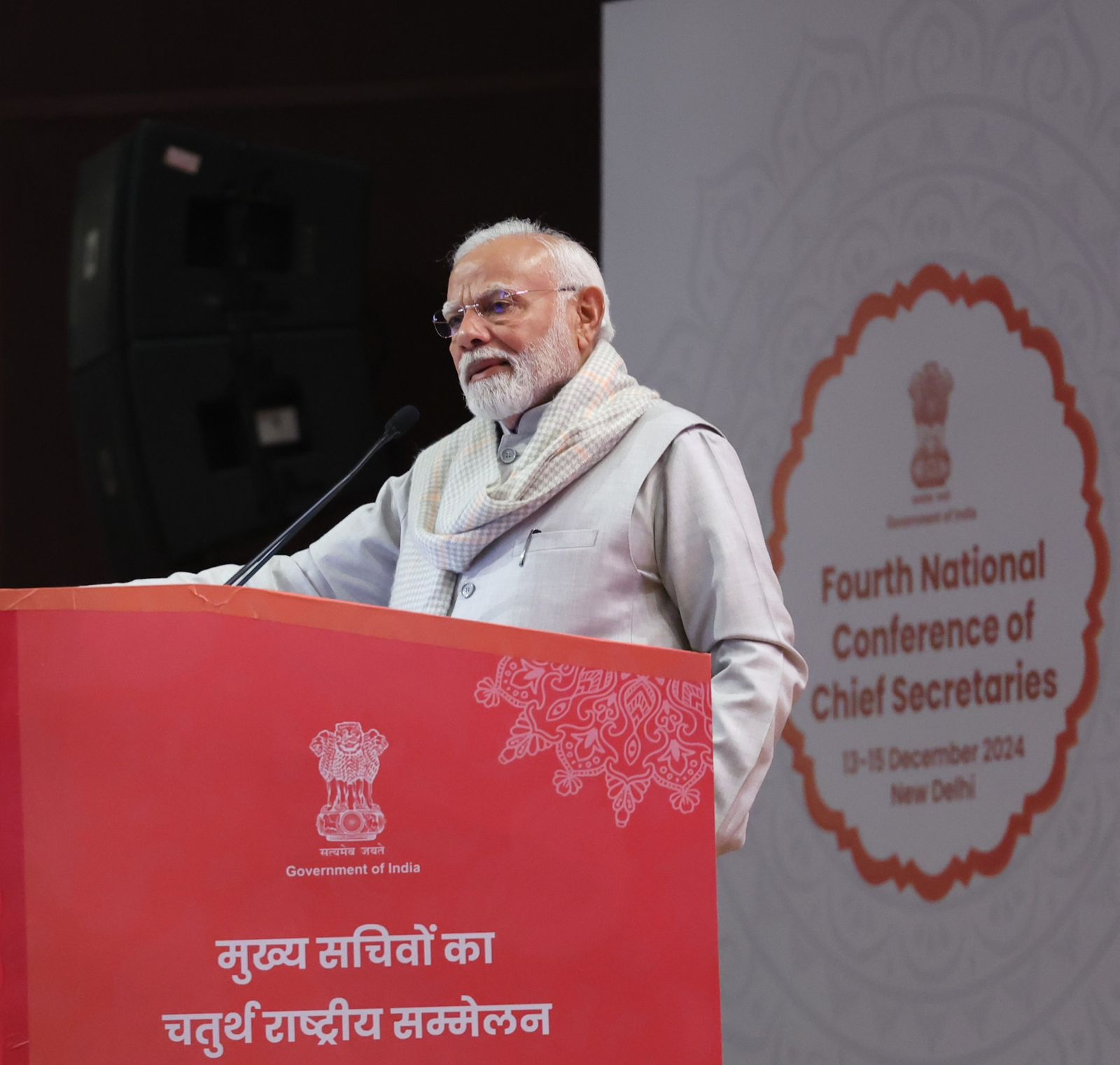

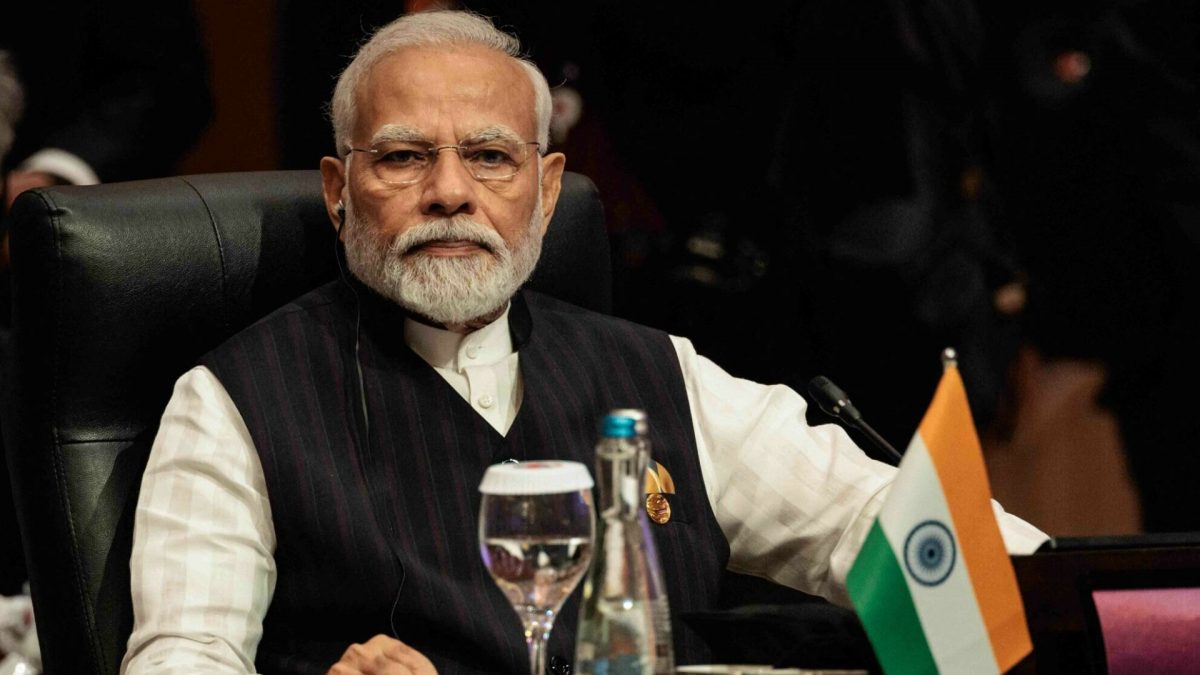)
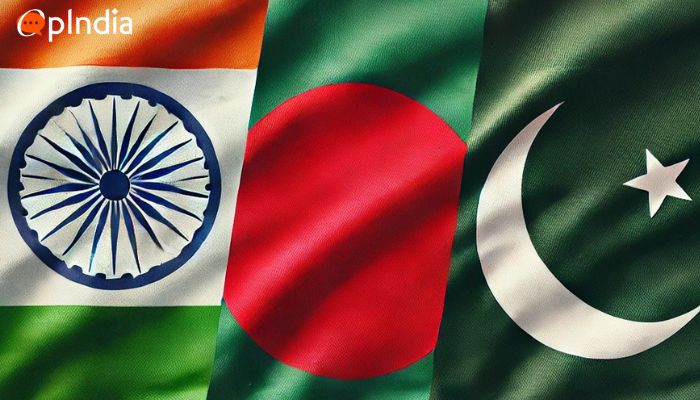

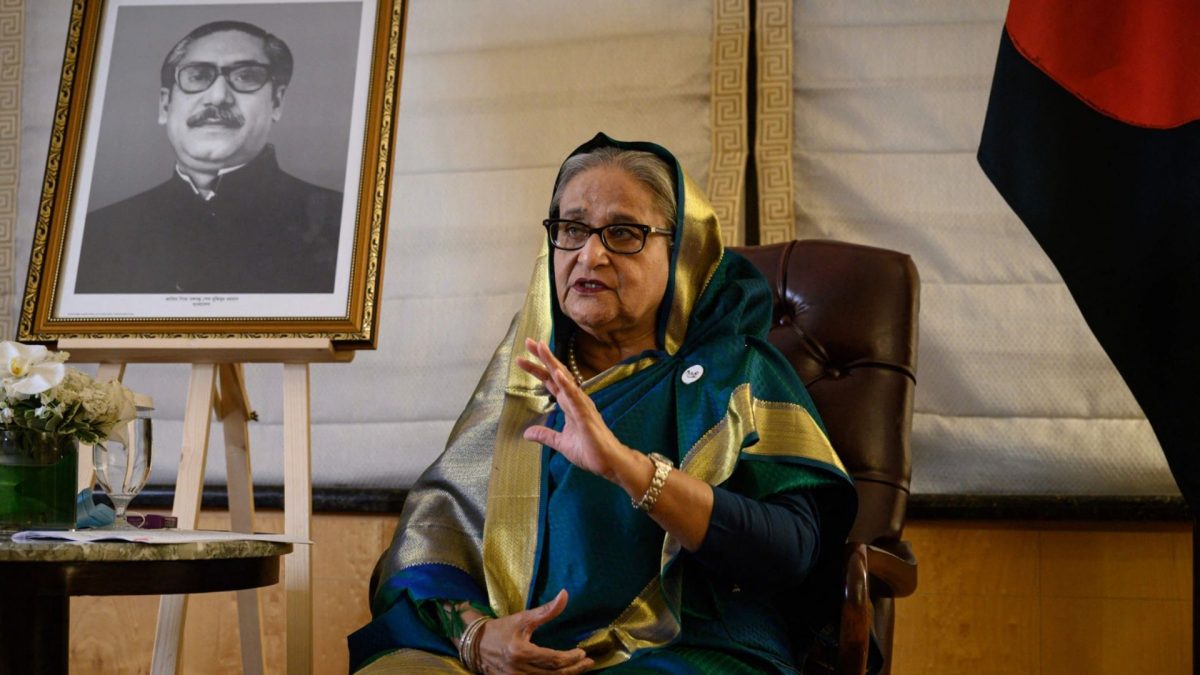)
)


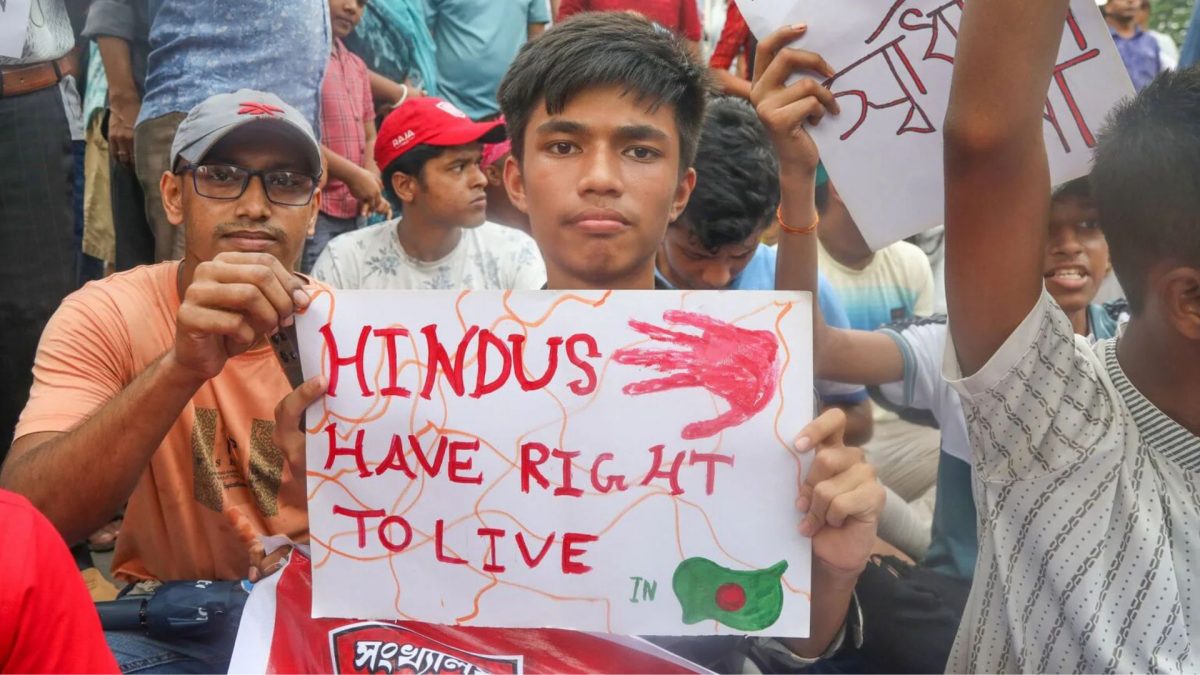)


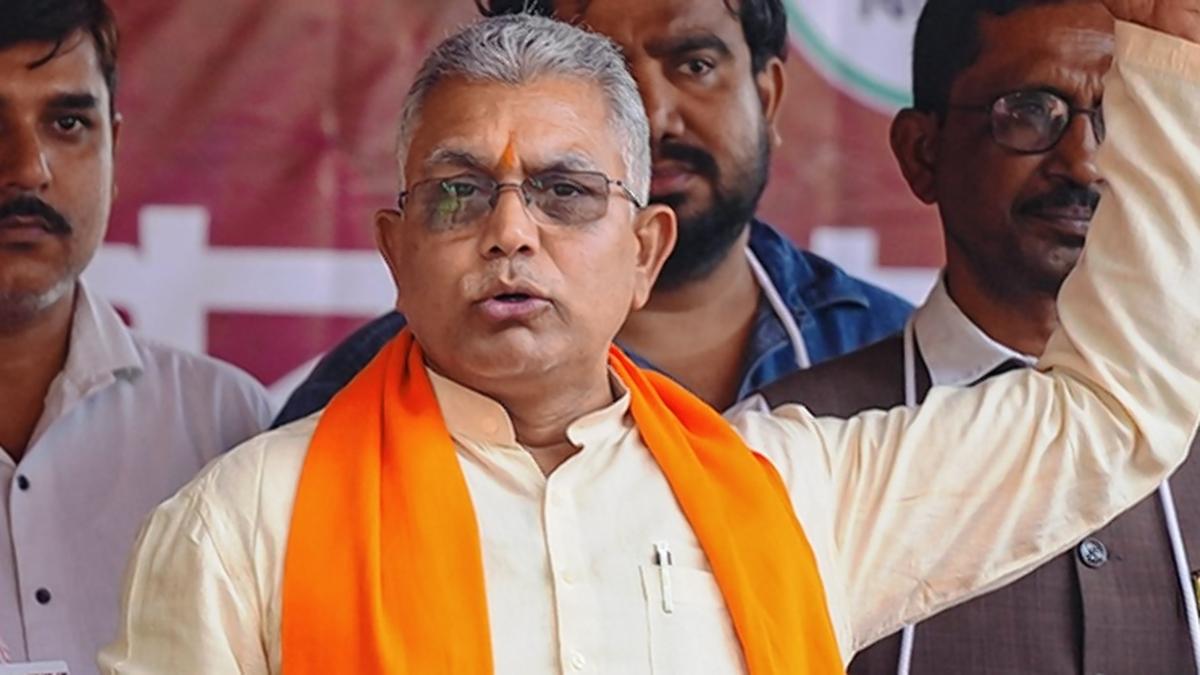
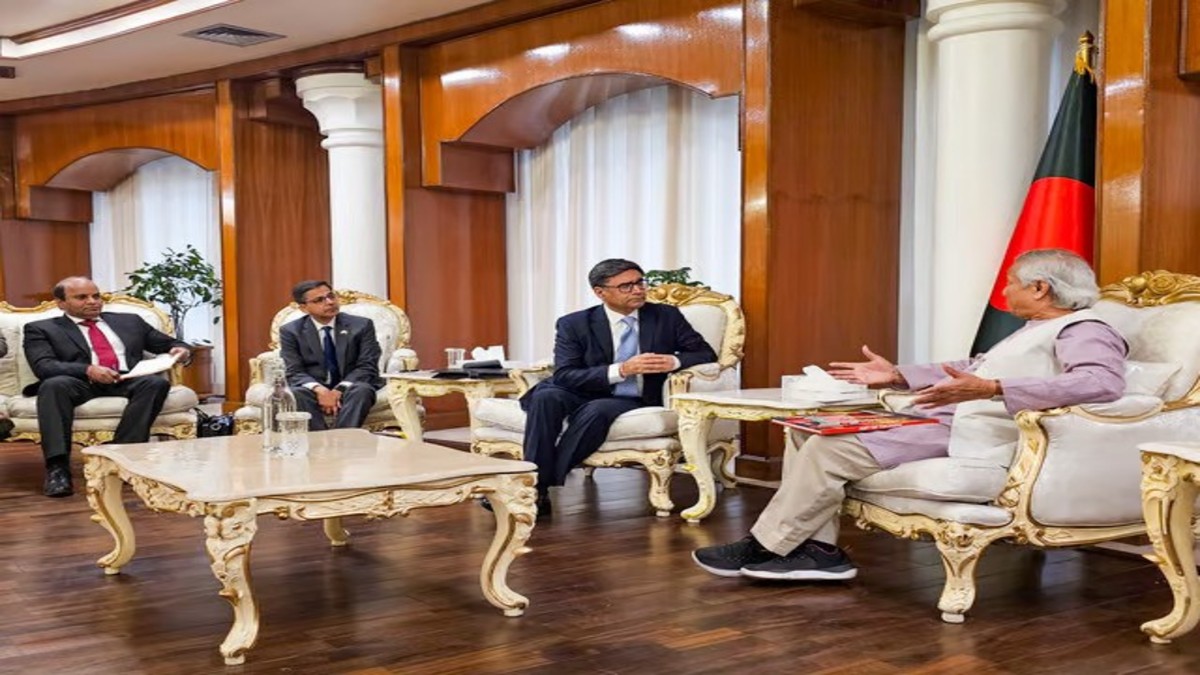)


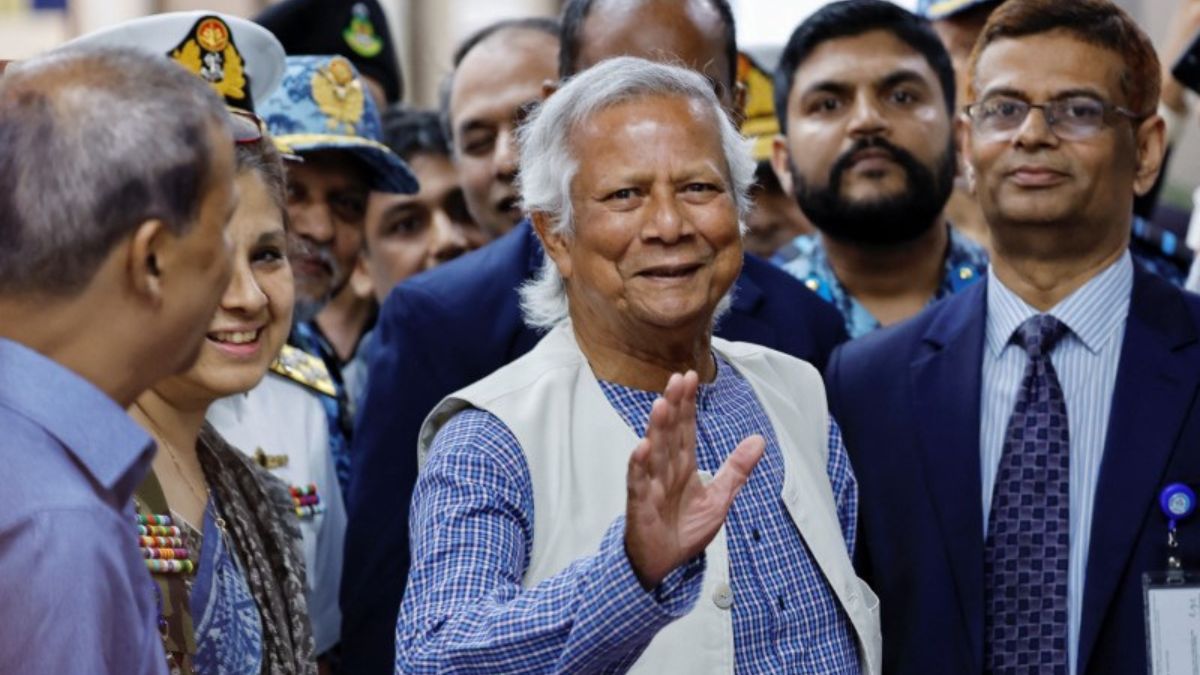)
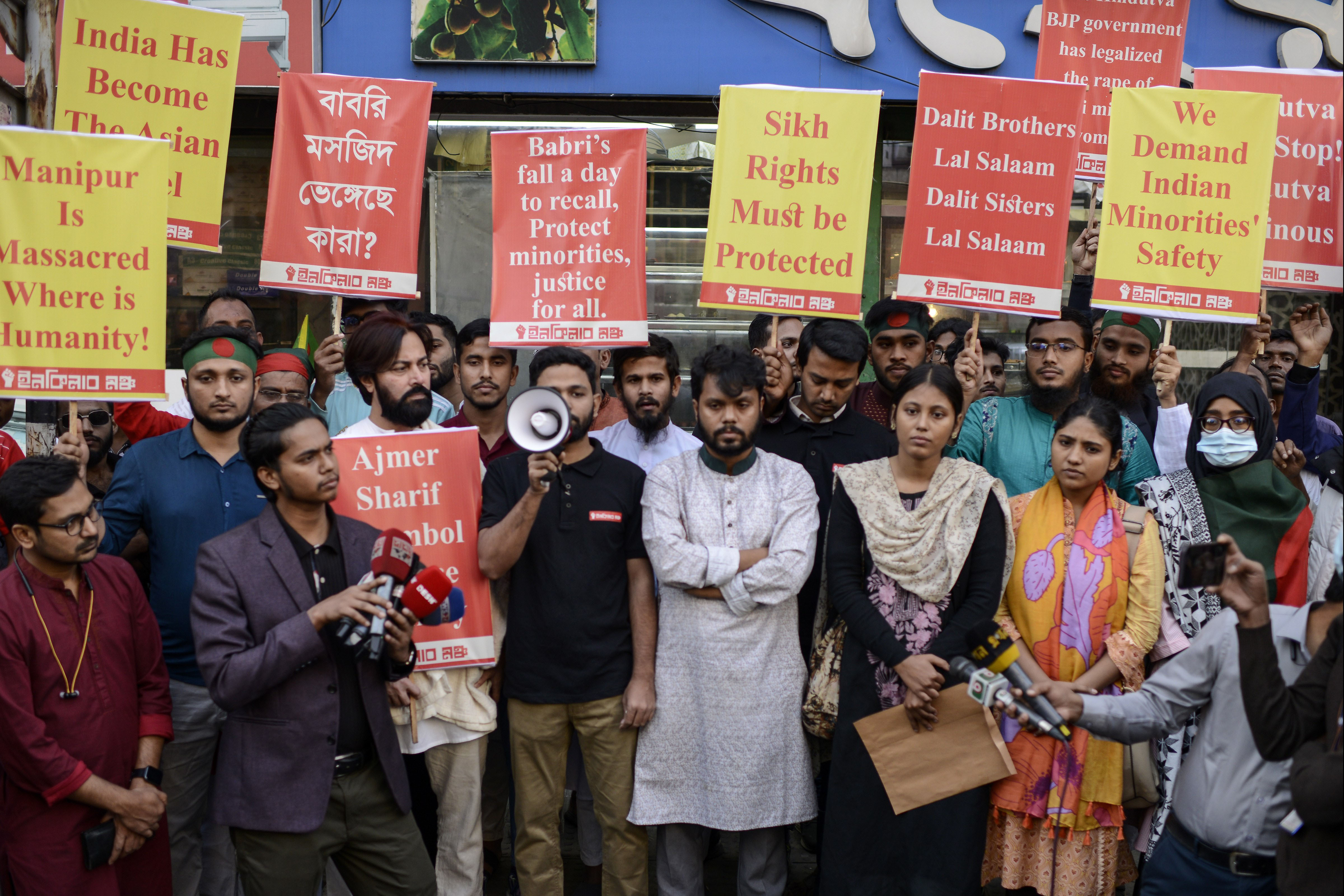

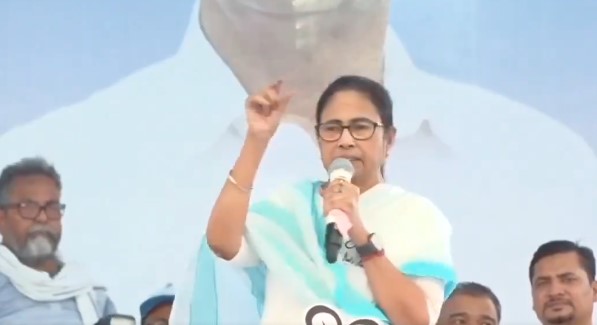
)
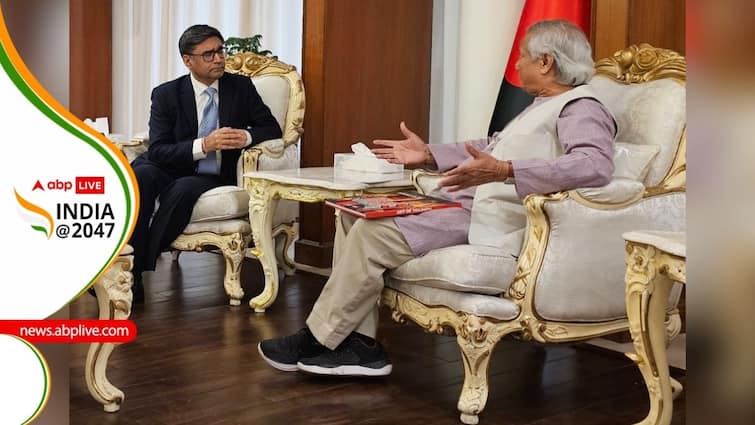
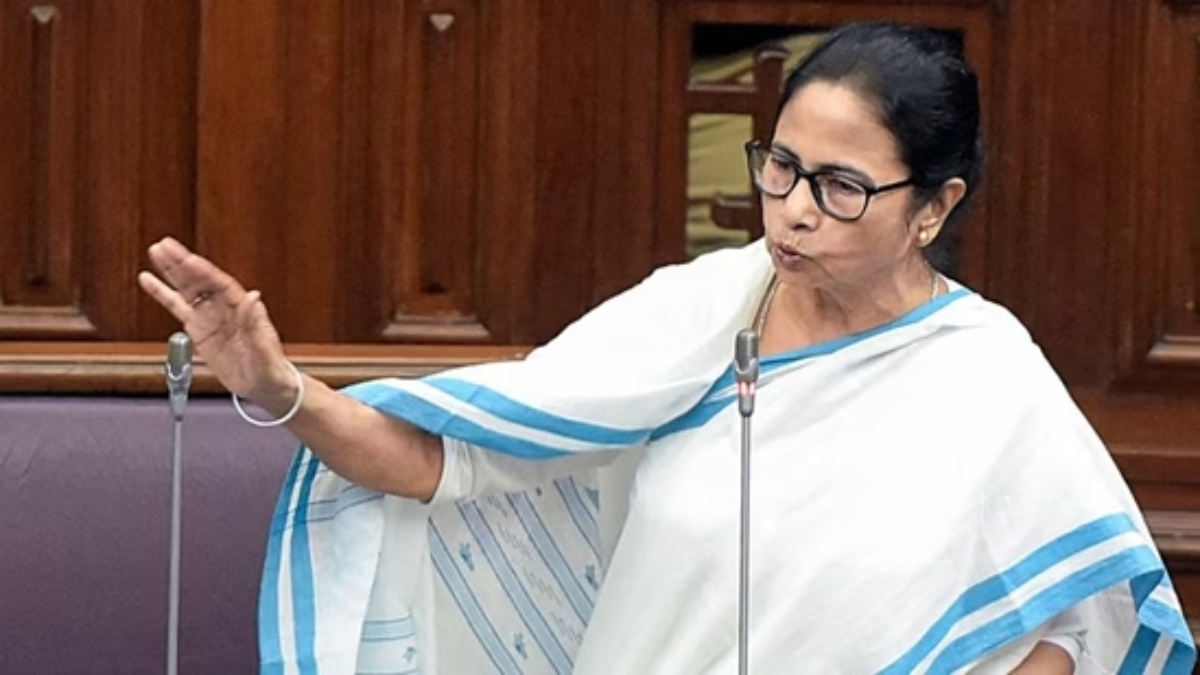
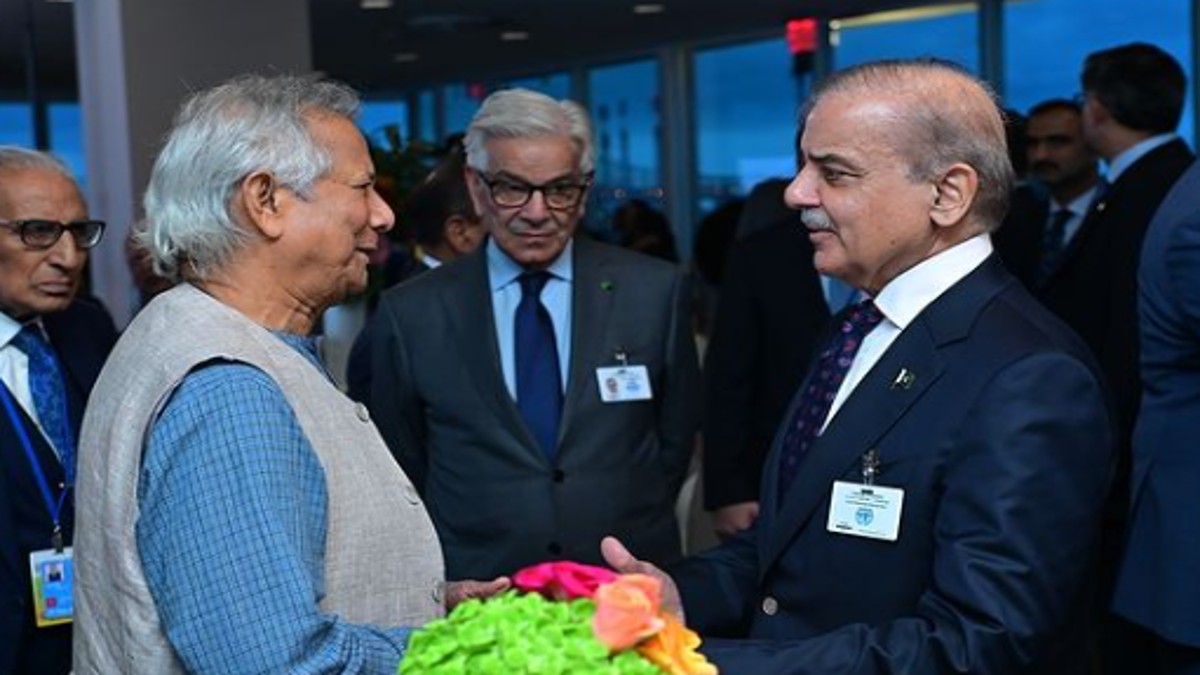)
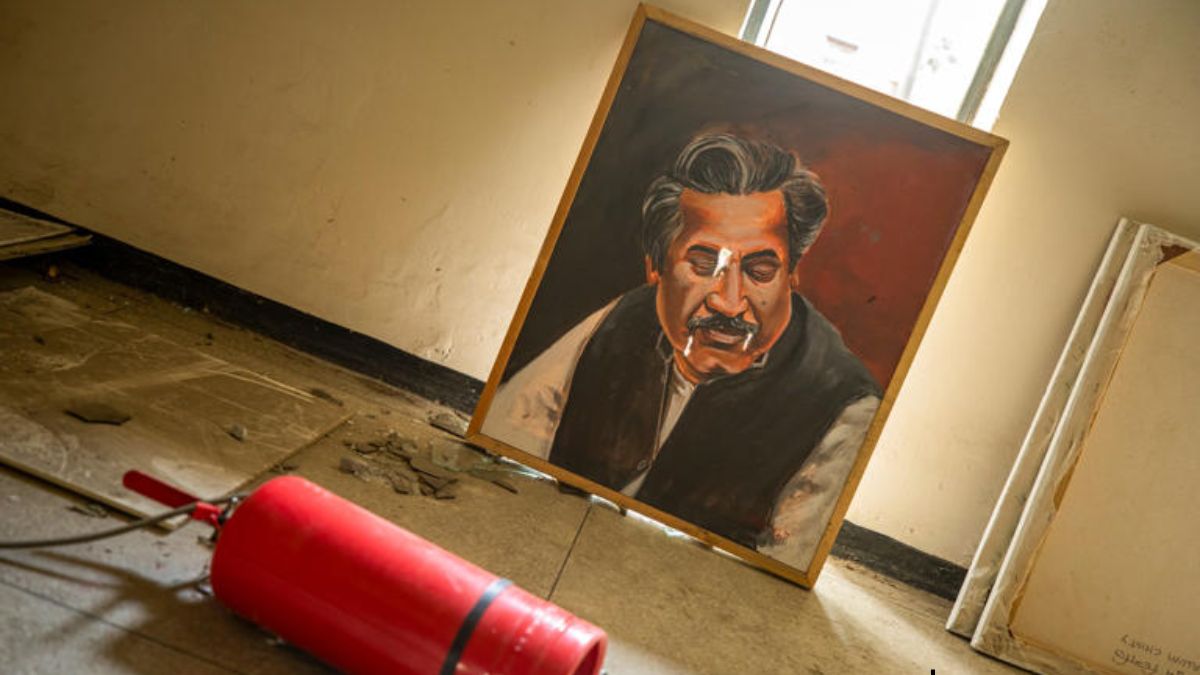)
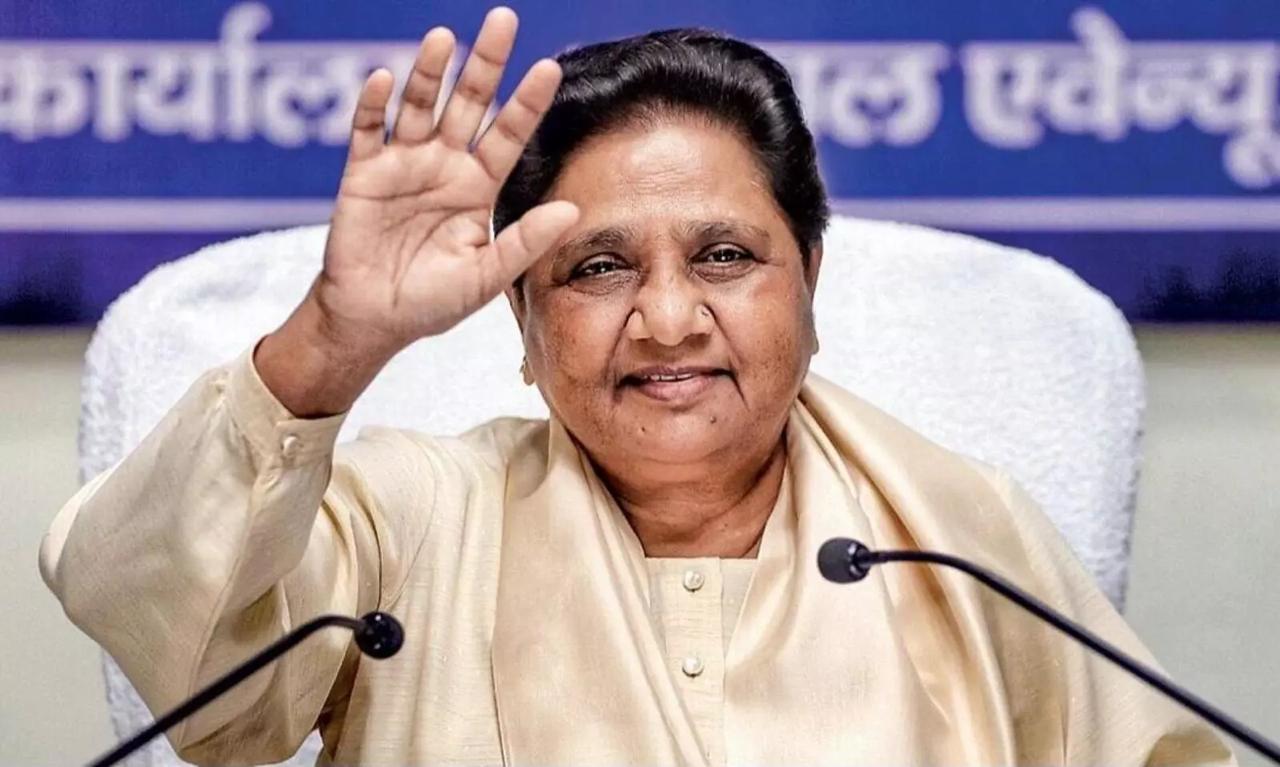
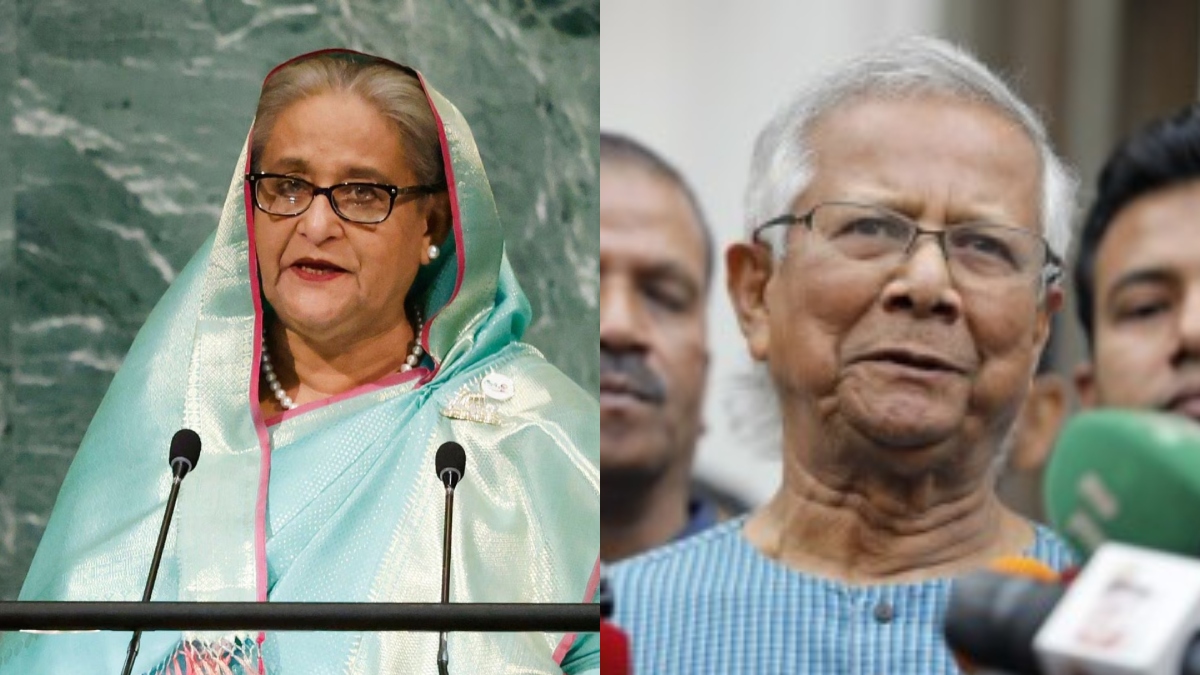)


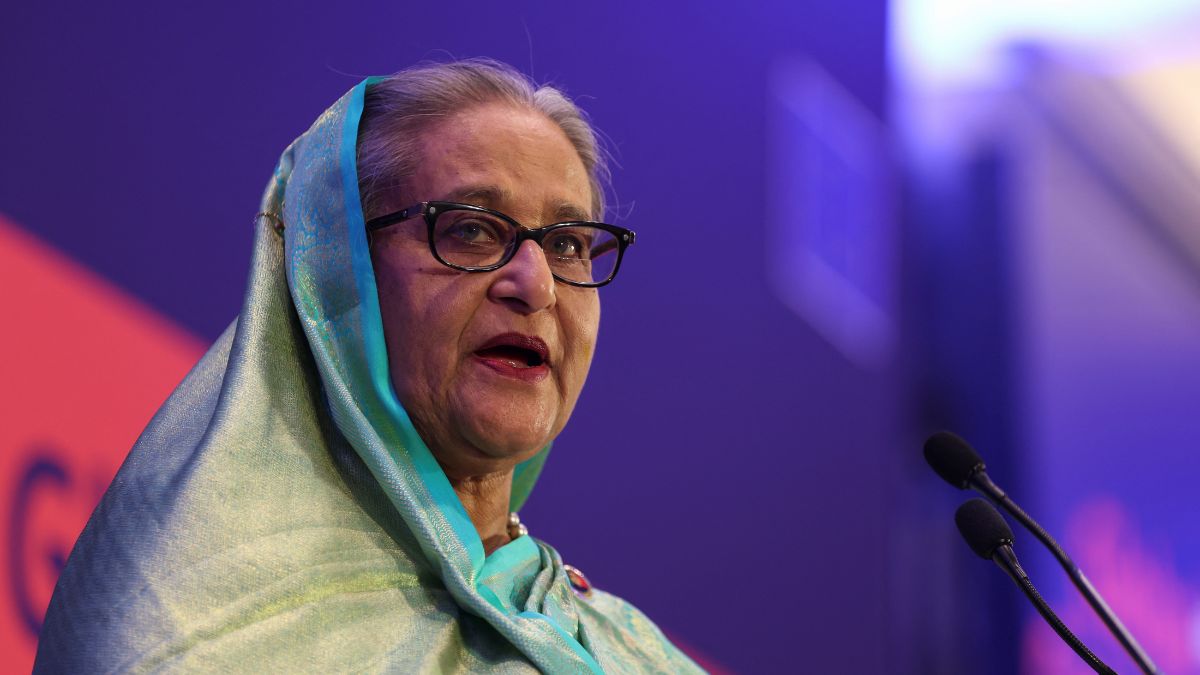)
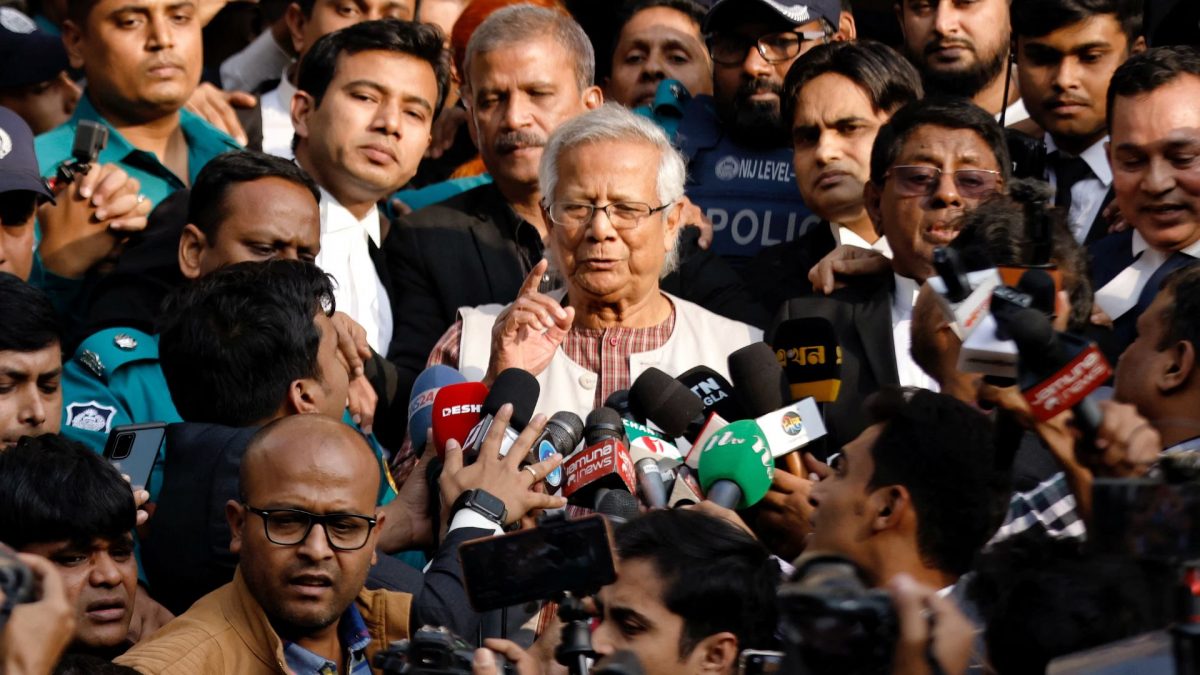)
)


